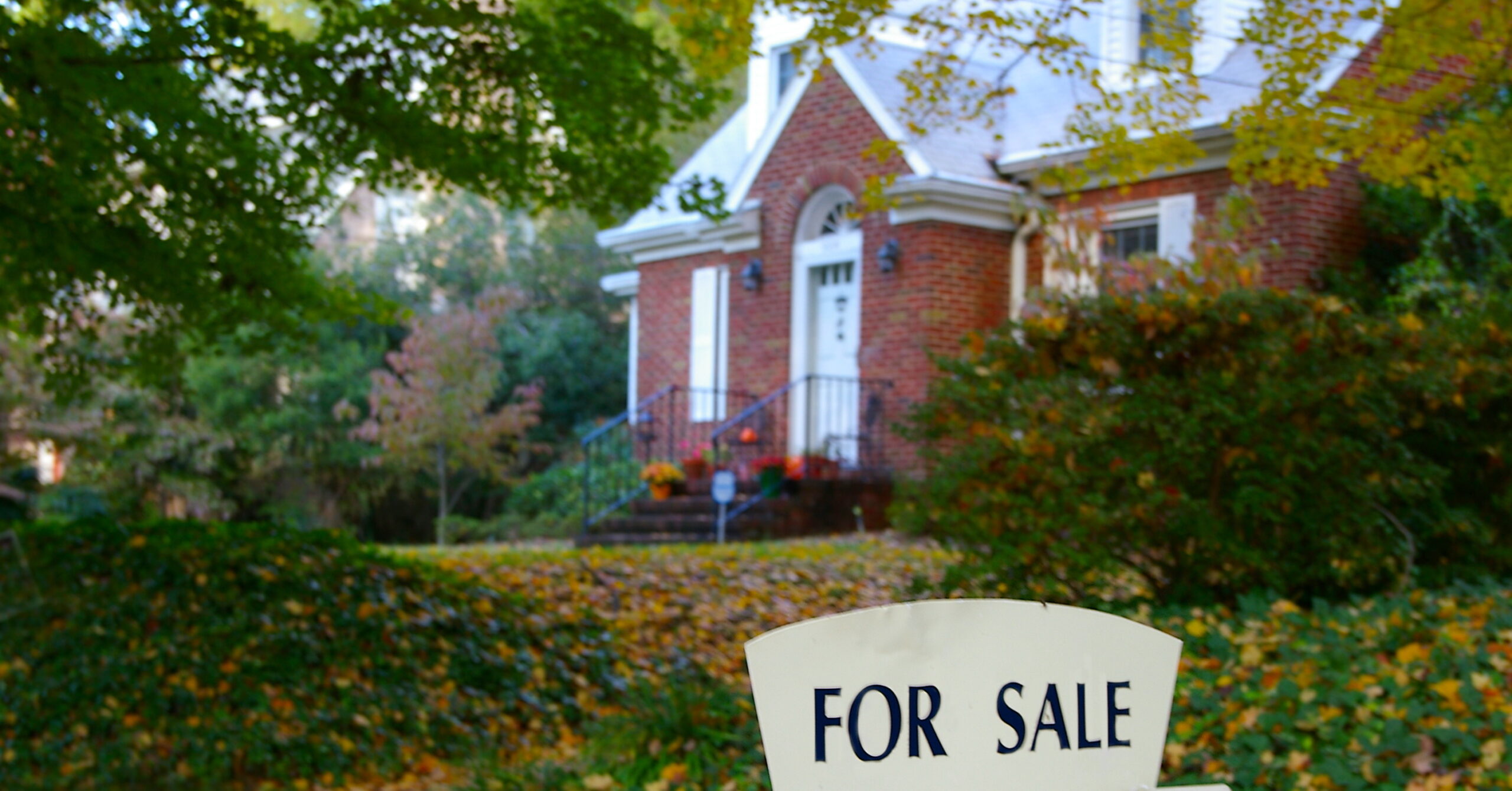The cost of social care in old age is something that few Brits pay much attention to until confronted by needing it, either for themselves or an elderly relative. We would all prefer to avoid contemplating this kind of issue until we have to, but this would be a mistake because; unconsidered; it can drive a coach and horses through even the best laid financial plan. It is not unusual for UK care costs to completely devour life savings and leave nothing left to pass on to loved ones.
In addition to the cost, the rules and procedures around paying for social care are a complex and confusing minefield that is frustrating and arduous to navigate. My advice is to be prepared well in advance, and incorporate the possibility of meeting the cost of social care into your financial planning.
The cost of care
Social care in the UK is not free. In 2018 the national Audit Office put the total cost of privately funded social care at an eyewatering £11bn. The average cost varies depending on location, but LaingBuisson’s 2020 UK Healthcare Market Review put the figure at £34,000 a year. According to the NHS, the average price of a room in a residential home is £600 a week, rising to £840 in nursing homes.
Care at home is no less expensive. Even for part-time help for two hours a day at £25 an hour, you can expect to pay £16,800 a year. Live-in care starts at £900 a week but can rise to as much as £2,000 a week.
These are scary sums and it is easy to see how even substantial wealth can be eroded or even disappear.
Paying for care
NHS healthcare is free and some services provided by Adult Social Care are accessible to everyone at no charge. However, most social care is subject to means testing carried out by local councils. Essentially if someone has savings of over £23,250, they are expected to meet all the costs themselves. Even if savings are under £23,250, people are still required to contribute towards the fees. As brutal as it sounds, the current system expects people to pay until their savings are completely exhausted.
Enforced house sale
Many people are concerned that they will be forced to sell their home to pay for care. This is not always the case. Where someone receives care at home or moves into a care home for a short or temporary period, they do not have to sell. A sale is also not required if a partner or another dependent lives in the property. However, when a single person moves permanently into a residential care home, they will have to either sell or borrow on the home’s collateral to pay for their care. Eventually, when the collateral has expired, the house will have to be sold.
What to do?
To many people, the UK’s system of paying for social care seems callous and unjust. The Dilmot Commission was set up in 2010 to look at precisely these concerns and reported the following year. Among its many helpful recommendations was a lifetime cap on how much an individual should pay for social care, fixed at between £25,000 – £50,000. It also recommended increasing the £23,250 asset limit to £100,000.
These sensible proposals received widespread support from the public. Unfortunately there has been no political will to enact them and there are currently no plans to do so. In the absence of a government appetite for action, there are no alternatives for families but to take matters into their own hands by making their own provisions through advanced financial planning. It is important to stress that you need to plan well ahead, exactly as you would for estate and inheritance tax planning. For example, you cannot give your home to your children or make a financial gift the day before moving into a care home, but you could do so some years in advance. The key is to discuss these matters with your family, think ahead and take the right decisions for you and your loved ones.
If you would like help with planning for future social care costs, get advice that puts your requirements first. Contact Michele at [email protected] or call direct on +971 50 618 6463.












